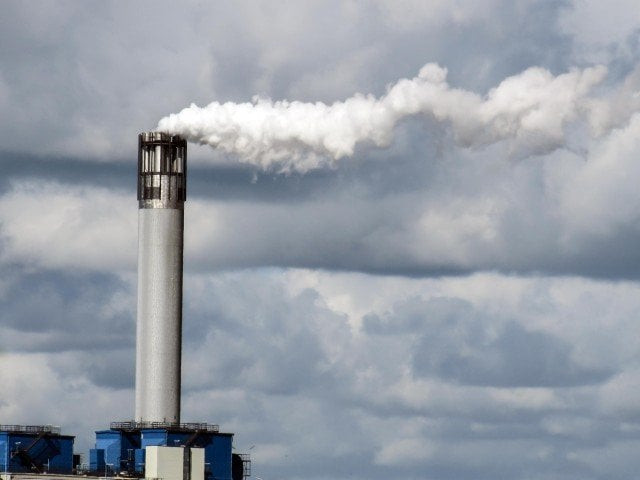Collective efforts: ECO members vow to tackle environmental challenges
MoCC secretary says other issues including poverty overshadow climate change

Polyurethane foam manufacturing industries switching to cleaner methods. PHOTO: FILE
The environmental development and climate change experts from the ECO member countries emphasised that tackling those fundamental challenges through increased collaboration and cooperation in research, transfer of scientific, technical know-how and technology, in environment, energy, water, biodiversity, health, education, transport and communication fields, was key to achieving sustainable development goals, conserving natural resources and tackling poverty, hunger and disease.
The ECO is an inter-governmental regional organisation established in 1985 by Iran, Pakistan and Turkey for the purpose of promoting economic, technical and cultural cooperation among the member states.
While addressing at the inaugural session of sixth ECO Working Group meeting Ministry of Climate Change (MoCC) Secretary Syed Abu Ahmad Akif said that poverty, hunger, malnutrition and health diseases were common regional issues, which had been exacerbated further due to environmental degradation and global warming-induced climate change.
“Tackling these common issues, however, is blocking the ECO-member countries from achieving socio-economic sustainable development goals, stopping environmental degradation and climate change,” the climate change secretary cautioned.
He told the participants that the present Pakistani government was committed to achieving United Nations sustainable development goals (SDGs).
Chairman of the sixth ECO Working Group Meeting on Environment Muhamamd Irfan Tariq told the meeting that deterioration of natural resources continued to affect livelihood and health issues in the 10 regional countries of Central Asia, which had aggravated the vulnerability of poor to climate change-caused disasters and environmental challenges.
“Environmental degradation, air and water pollution, ozone layer depletion, deforestation, desertification, vanishing bio-diversity and land degradation have resulted in climate change and ecological imbalance in all the regional countries,” Tariq noted.
President of ECO Science Foundation (ECOSF) Prof Dr Manzoor Soomro, highlighted the yawning gap of collaboration in science and technology within the ECO member countries and urged them to plug the gap.
ECO Director Orkhan Zeynalov said that the 21st century global environmental challenges had immensely increased impacts on the planet, and triggered changing climatic conditions and abrupt global warming, combined with the region-wide socio-economic disparities along various trans-boundary environmental issues.
Published in The Express Tribune, June 2nd, 2016.



1724319076-0/Untitled-design-(5)1724319076-0-208x130.webp)















COMMENTS
Comments are moderated and generally will be posted if they are on-topic and not abusive.
For more information, please see our Comments FAQ